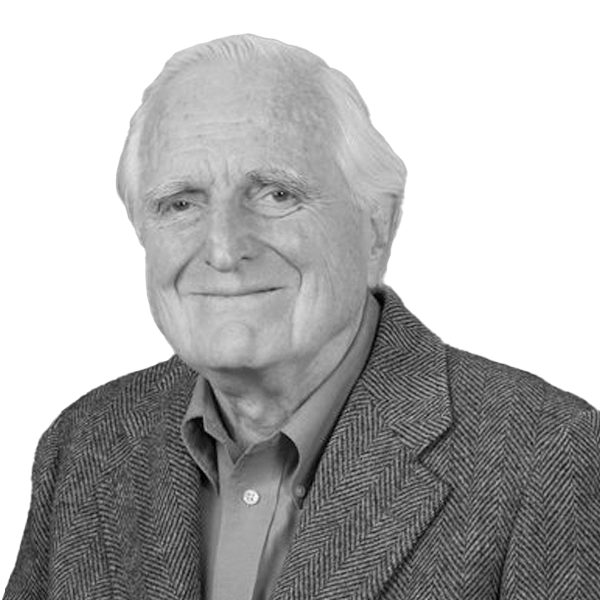By Robbert Schep - 4_1_1_entrepeneur (initiator)
The isolated human doctrine

When I confront the complexity and urgency of the world’s problems, I feel disheartened not because of their complexity, but because of the state of our societies to address them. We are divided, addicted, and distracted while the most powerful organizations in history require us to remain that way. They rely on a technology-driven economy designed to isolate us as mere users and consumers, which I refer to as the isolated human doctrine. This doctrine not only makes people more individualistic but also turns us into harmful individual polluters that look at our to governments, scientists, leaders, and brands for solutions. They will come up with a way to solve this mess, right?

Not right! We need to step up, not like superheroes, but with more organization and focus. If we want to tackle the disheartening challenges facing us, we need a new game plan. Right now, many of us in the West are conditioned to believe that a better world starts with us as individuals. However, when faced alone, it all seems insurmountable.
That’s why the new game plan, while complex in execution, is simple at its core: instead of trying to change the world on our own, we will change our cities as a group. This seems more manageable, doesn’t it? Our primary task as citizens will be to ensure that our cities thrive in harmony with nature. We’ll trust that if every city in the world operates with this mindset, we can collectively transform our culture into one that heals nature rather than harms it. This is how we can bootstrap cultural evolution and have a chance of slowing down, rather than speeding up, climate change

Given the narrow window of time we have, we need to accelerate our efforts. Technology can provide the means to do so. By creating a new toolset that aligns with this mindset, people can learn how to transform their cities. By giving people a different brush, they can paint a different picture.
Smartup Zero represents an experiment testing this hypothesis. Its aim is to challenge the isolated human doctrine that currently dominates our economies. How? By doing the opposite. We will own technology that connects us as citizens and producers, rather than relying on technology to isolate us as users and consumers.
The design for change must come from us, the people. The next big thing will be a collection of billions of things. Those things are going to be us, the people, working on and in our communities so we can live in balance with nature and not despite her.
Through Smartup Zero, we are exploring a new approach to owning, creating, and governing technologies that enable people to become agents of change. We operate as a democratic collective focused on coordinating a paradigm shift in technology design. This shift has two components: a social one (the Smartup Hypothesis) and a technical one (Onlive), making Smartup Zero a proposition for a sociotechnical system